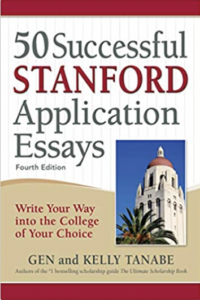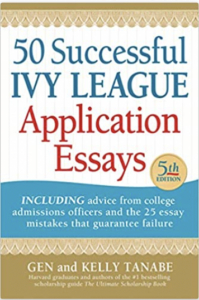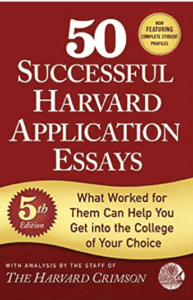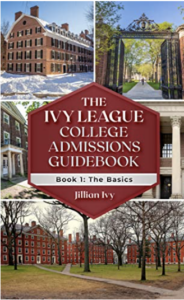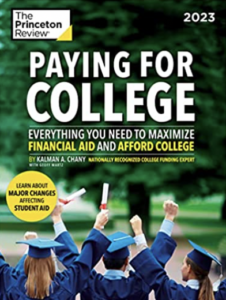The Best STEM Colleges in the US
The Best STEM Colleges in the US
When evaluating the best STEM (Science, Technology, Engineering, and Mathematics) colleges in the United States, institutions within the Ivy League and those consistently ranked in the top 20 by U.S. News & World Report merit significant attention. These universities are renowned for their rigorous curriculum, distinguished faculty, cutting-edge research, and state-of-the-art facilities that collectively foster an environment conducive to innovation and academic excellence.
Based on experience and US News & World Report’s College Ranking List, the best STEM schools for those of you interested in becoming engineers, computer scientists, physicists, researchers, or biotech entrepreneurs includes the following programs that you may just want to consider (or, at least look at when applying to college):
1. Massachusetts Institute of Technology (MIT)
Located in Cambridge, Massachusetts, MIT stands as a paragon of STEM education. U.S. News & World Report consistently places MIT at the forefront of engineering and technology disciplines. The Institute’s commitment to hands-on learning and interdisciplinary research has led to groundbreaking advancements in fields such as artificial intelligence, robotics, and biotechnology.
2. Stanford University
Situated in Stanford, California, Stanford University is synonymous with innovation and entrepreneurship, particularly within the STEM arena. Its proximity to Silicon Valley offers students unparalleled opportunities for internships and collaborations with leading tech companies. Stanford’s engineering and computer science programs are among the nation’s best.
3. Harvard University
Harvard University in Cambridge, Massachusetts, is celebrated for its comprehensive academic offerings, including robust STEM programs. The John A. Paulson School of Engineering and Applied Sciences provides students with access to cutting-edge research in bioengineering, computer science, and environmental science.
4. Princeton University
Princeton University in New Jersey offers distinguished programs in engineering and applied sciences. The School of Engineering and Applied Science emphasizes both fundamental research and practical applications, with strengths in areas like mechanical and aerospace engineering, computer science, and operations research.
5. California Institute of Technology (Caltech)
Though not part of the Ivy League, Caltech in Pasadena, California, is a powerhouse in STEM education and research. With a strong emphasis on science and engineering, Caltech boasts a low student-to-faculty ratio, facilitating close mentorship and collaboration.
6. University of Pennsylvania
The University of Pennsylvania in Philadelphia offers a blend of strong STEM programs within an Ivy League framework. The School of Engineering and Applied Science is known for its research in areas such as nanotechnology, computer and information science, and bioengineering.
7. Columbia University
Located in New York City, Columbia University provides students with access to a vibrant urban environment and a wealth of research opportunities. The Fu Foundation School of Engineering and Applied Science offers programs in biomedical engineering, computer science, and materials science.
8. Cornell University
Cornell University in Ithaca, New York, is renowned for its College of Engineering and College of Arts and Sciences, both offering robust STEM programs. The university’s research facilities support studies in fields ranging from electrical and computer engineering to environmental science.
9. Yale University
Yale University in New Haven, Connecticut, has been enhancing its focus on STEM disciplines through significant investments in facilities and faculty. The School of Engineering & Applied Science offers programs in chemical, electrical, and mechanical engineering, among others.
10. Johns Hopkins University
Located in Baltimore, Maryland, Johns Hopkins University is acclaimed for its research contributions, particularly in biomedical engineering. The Whiting School of Engineering offers top-tier programs in various engineering disciplines, emphasizing research and innovation.
11. Carnegie Mellon University
Based in Pittsburgh, Pennsylvania, Carnegie Mellon University is renowned for its computer science and engineering programs. The School of Computer Science consistently ranks among the top in the nation, offering cutting-edge research opportunities in artificial intelligence, robotics, and cybersecurity.
12. University of Chicago
The University of Chicago is well known for its rigorous academic programs in mathematics and physics. The Pritzker School of Molecular Engineering offers innovative STEM education, particularly in quantum computing, molecular engineering, and biotechnology.
13. Northwestern University
Northwestern University in Evanston, Illinois, has strong programs in engineering, artificial intelligence, and material sciences. The McCormick School of Engineering is recognized for interdisciplinary research and practical applications in emerging technology fields.
14. Duke University
Duke University in Durham, North Carolina, offers robust STEM programs in biomedical engineering, environmental sciences, and computational biology. The Pratt School of Engineering provides students with numerous research opportunities in advanced technology sectors.
15. University of California, Berkeley
UC Berkeley is one of the top public universities excelling in STEM fields. The College of Engineering is home to some of the best electrical engineering, computer science, and bioengineering programs, with strong connections to Silicon Valley industries.
Conclusion
Selecting the “best” STEM college in the U.S. depends on various factors, including specific areas of interest, research opportunities, faculty expertise, and campus culture. Institutions like MIT, Stanford, Harvard, and their peers offer exemplary programs that have significantly contributed to advancements in science and technology. Prospective students should consider their individual goals and preferences to identify the university that aligns best with their aspirations in the STEM fields.
Want help discussing your college options or working on your essays? I’m a former Harvard admissions interviewer and a Harvard graduate and have been running my college admissions firm IVY LEAGUE ESSAY for the last 15 years out of NYC.
I work with students all over the country who are targeting the Ivy League, or Top 20 schools, and would be happy to speak to you about your future!
Contact me today for a free consultation and get into the school of your dreams! www.IvyCollegeEssay.com
Want more free tips and advice? Check out my other blog articles, below:
- What Are My Chances of Getting Off Harvard’s Waitlist?
- How to Write the LOCI = Letter of Continued Interest?
- What to Do If You’re Waitlisted?





